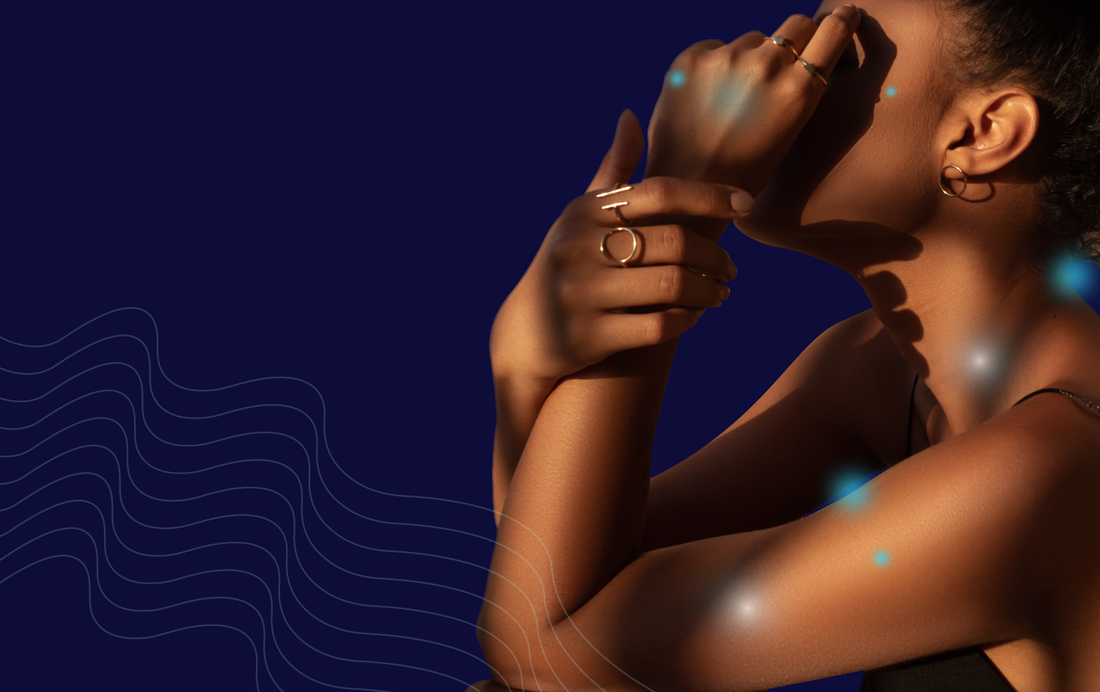
Can Probiotics Help Acne?
Share
Can Probiotics Help Acne?
Acne is a common skin condition that affects between 40-50 million Americans and can seriously impact self-esteem and overall quality of life. Aside from medicated topical products, the standard treatment for acne has traditionally been oral antibiotics, like doxycycline. While oral antibiotics can be helpful for acne, they are not a long-term solution because they can contribute to antibiotic resistance and alter the bacteria in the gut, even the good strains. It is because of these negative effects that many dermatologists and medical practitioners steer away from prescribing antibiotics and look for other solutions to help their patients with acne.
The skin and gut are connected through the gut-skin axis
The connection between the skin and gut is called the gut-skin-axis. Researchers are still trying to learn more about this connection, but they believe the immune system is playing a major role in linking the two together. The gut has immune cells and tissue that can signal chemical messengers throughout the body, especially to the skin. These messengers can then promote an inflammatory or an anti-inflammatory process.
The health of our gut microbiome can either help or worsen acne
The live community of bacteria in our large intestine is known as our gut microbiome. The healthiest gut microbiome is one that is flourishing with many different strains of microbes and none of those microbe strains overpowers the others. When the balance of the bacteria is thrown off, and one strain overpowers the rest, it can lead to increased inflammation and contribute to disease states.
Acne gets its name from the bacteria Cutibacterium acnes (C. acnes ) due to the large role this bacterium contributes to the condition. Antibiotics work to decrease C. acnes, but since antibiotics are not specific to just that bacteria, they also end up killing off the healthy gut bacteria. When the healthy and protective gut bacteria are killed, it can increase the chance of creating imbalances in the gut microbiome.
What are probiotics?
Probiotics are supplements that contain billions of live strains of healthy bacteria, and when taken orally, are thought to help replenish the live ecosystem of bacteria in our gut microbiome. Live probiotic supplements are sensitive to heat and need to be stored in the refrigerator. But spore-based probiotics are not sensitive to temperature or pH changes and can be stored at room temperature and remain alive.
Although there are many different strains of probiotics, he most common probiotic genera you will find in supplements are:
- Lactobacillus (non-spore based)
- Bifidobacterium (non-spore based)
- Bacillus (spore-based)
What causes acne and how can probiotics help?
There are many factors that contribute to developing acne, but the basic “acne equation” is increased oil production on the skin, abnormal shedding of skin cells leading to clogged pores, inflammation, and the overgrowth of the bacteria C. acnes.
Topical probiotics have been shown to inhibit the activity of C. acnes and have an anti-inflammatory effect on the skin. In small human clinical trials, topical and oral probiotics both demonstrated positive effects on acne—on their own or when paired with antibiotics—but larger studies are needed in order to identify the exact probiotic strains that can be helpful for acne.
Quick tips to support your gut health if you’re dealing with acne
- Start reaching for non-dairy alternatives like almond, coconut, or oat milk
- Try incorporating more non-dairy sources of natural probiotics, like non-dairy yogurt.
- Fuel up on high-fiber foods like beans, vegetables, and whole grains
- Reduce intake of foods with refined sugar

Dr. Raja Sivamani, MD
Dermatologist
Dr. Raja Sivamani is a board-certified dermatologist and practices as an integrative dermatologist at Pacific Skin Institute. He is an Adjunct Associate Professor of Clinical Dermatology at the University of California, Davis and Director of Clinical Research and the Clinical Trials Unit. He is also an Adjunct Assistant Professor in the Department of Biological Sciences at the California State University, Sacramento and an Associate Professor of Dermatology at California Northstate University, College of Medicine. He engages in clinical practice as well as both clinical and translational research that integrates bioengineering, nutrition, cosmetics, and skin biology. With training in both Allopathic and Ayurvedic medicine, he takes an integrative approach to his patients and in his research. He has published over 100 peer-reviewed research manuscripts, 10 textbook chapters, and a textbook entitled Cosmeceuticals and Active Cosmetics, 3rd Edition with a passion for expanding the evidence and boundaries of integrative medicine for skin care.
Collective members are paid sponsors and receive compensation for their content, but all opinions are their own.
